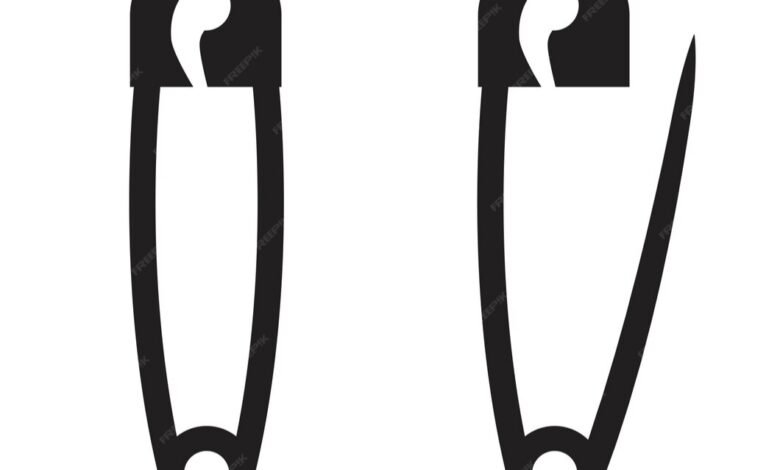18-month-old, Tamim swallows 5cm-long safety pin; intestine perforated, liver pierced

Tamim, an 18-month-old toddler, faced a life-threatening situation when he accidentally ingested a 5cm-long abaya pin. The situation turned perilous as the sharp pin punctured through, causing a perforated intestine and pierced liver.
Tamim’s parents realized the gravity of the situation almost 48 hours later, when they observed his distress – he was crying and clutching his belly. “We were unsure of what was happening. He was in continuous pain. We tried to recall if he had put something in his mouth. My daughter remembered he had found a pin. That raised concerns that he might have swallowed it,” recounted Mohammad Raghab, Tamim’s father.
The toddler urgently needed medical attention. Initially, the parents consulted doctors at a nearby facility, who advised them to see a pediatric surgeon. Tamim was then taken to Thumbay University Hospital, where a CT scan was performed to pinpoint the pin’s exact location.
Dr. Mufique Gajdhar, a pediatric surgeon at Thumbay University Hospital, Ajman, along with his team, conducted a critical laparotomy surgery to extract the lodged pin. “The 5cm-long abaya pin had lodged itself in the child’s liver, its sharp end piercing through the intestine. This posed a serious risk of infection spreading to vital organs and damaging surrounding blood vessels, causing internal bleeding. In either case, the outcome could have been fatal,” emphasized Dr. Gajdhar.
The laparotomy procedure entailed exploring the abdominal organs to locate and remove the sharp pin, mending the perforated section of the duodenum (a part of the intestine), and addressing potential damage to the liver.
Hospitals in the UAE have reported numerous cases of children ingesting chemicals, magnet balls, and small electronic objects. Last year, Al Qassimi Women’s and Children’s Hospital reported over 50 cases in one year, some of whom suffered severe damage to their digestive systems. The most commonly swallowed objects are batteries, magnets, nails, and chicken bones.
Dr. Gajdhar reiterated the importance of childproofing and vigilant supervision, especially with small objects. He cautioned against providing children under 3 with toys containing small parts and stressed the necessity of securely fastened battery covers on battery-operated toys.
Furthermore, Dr. Gajdhar advised parents to seek medical attention if a child starts choking or wheezing unexpectedly, as this could signal inhalation of a foreign object. He also offered safety tips, including supervision, childproofing, age-appropriate toys, secure storage of small objects, and educating children about the hazards of swallowing foreign items.
